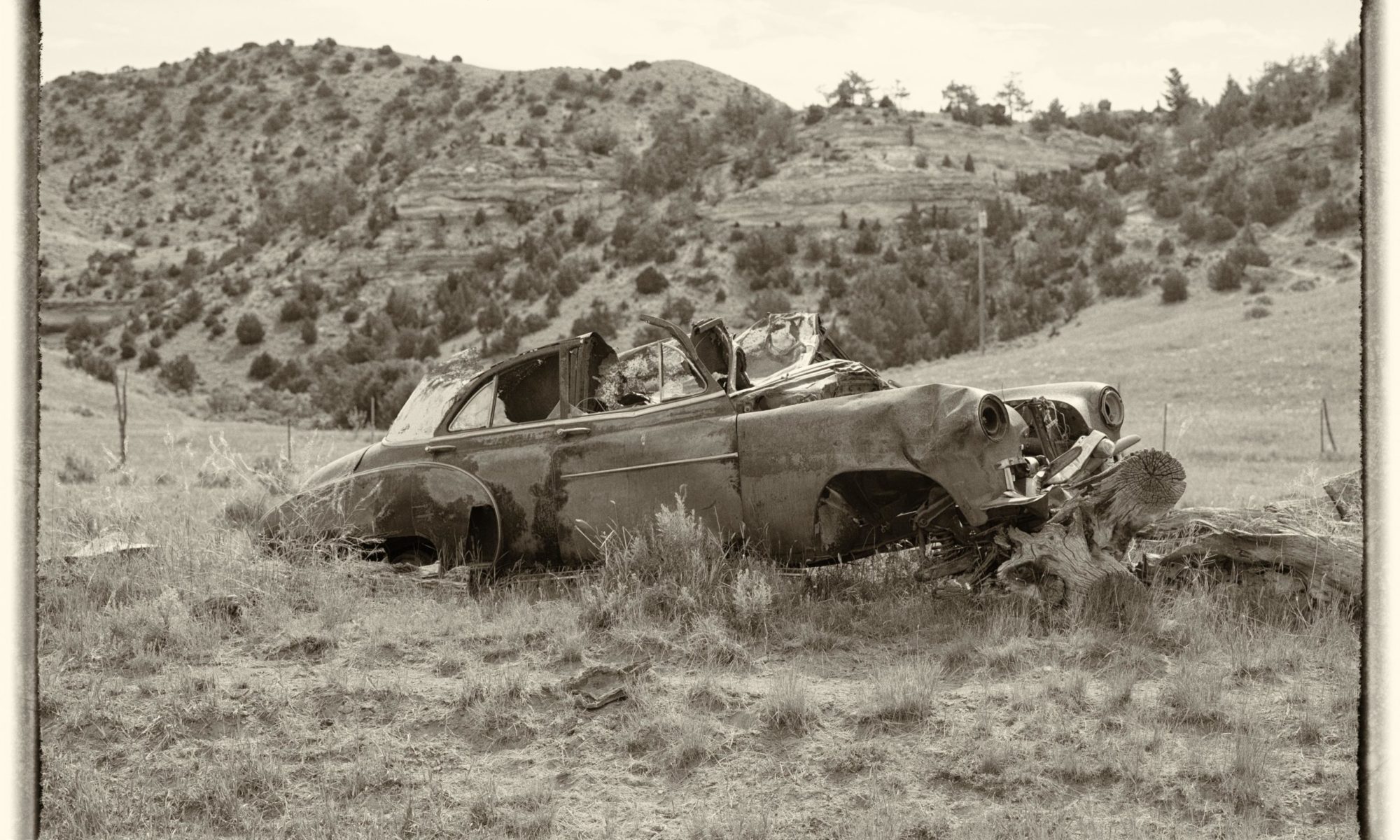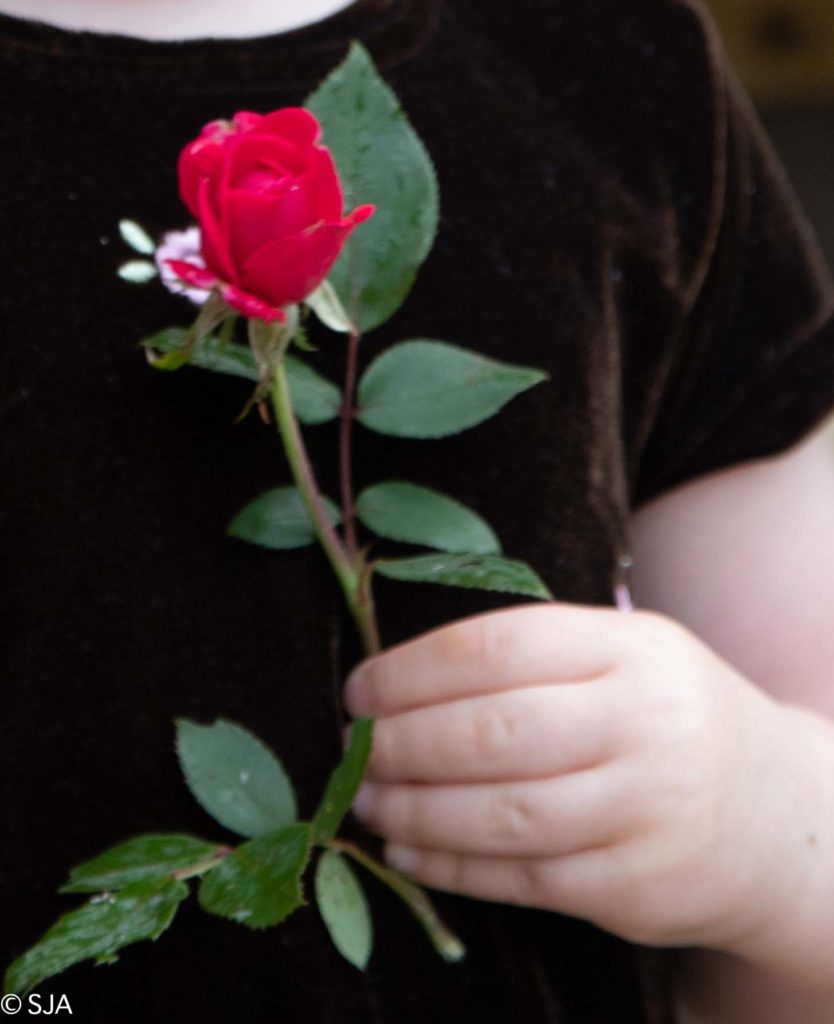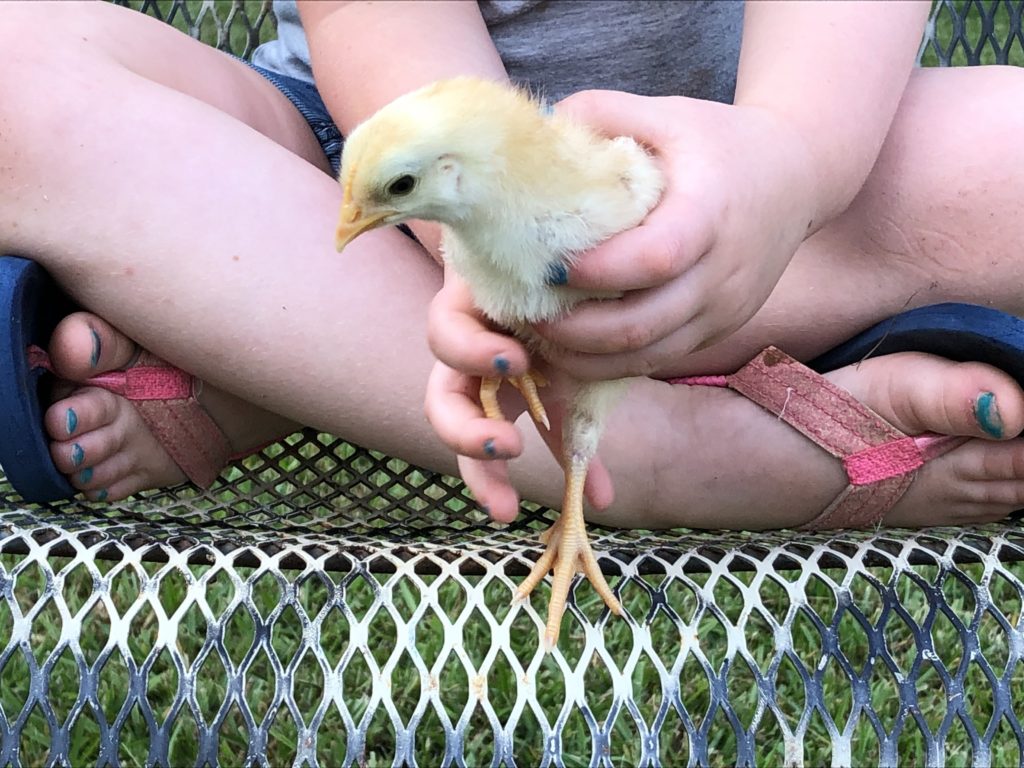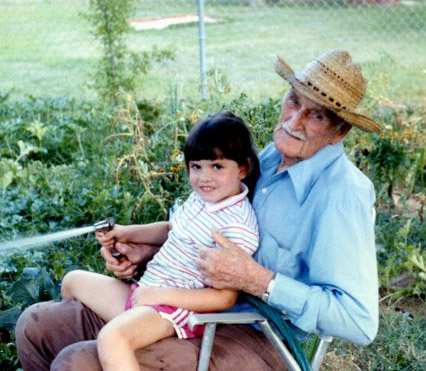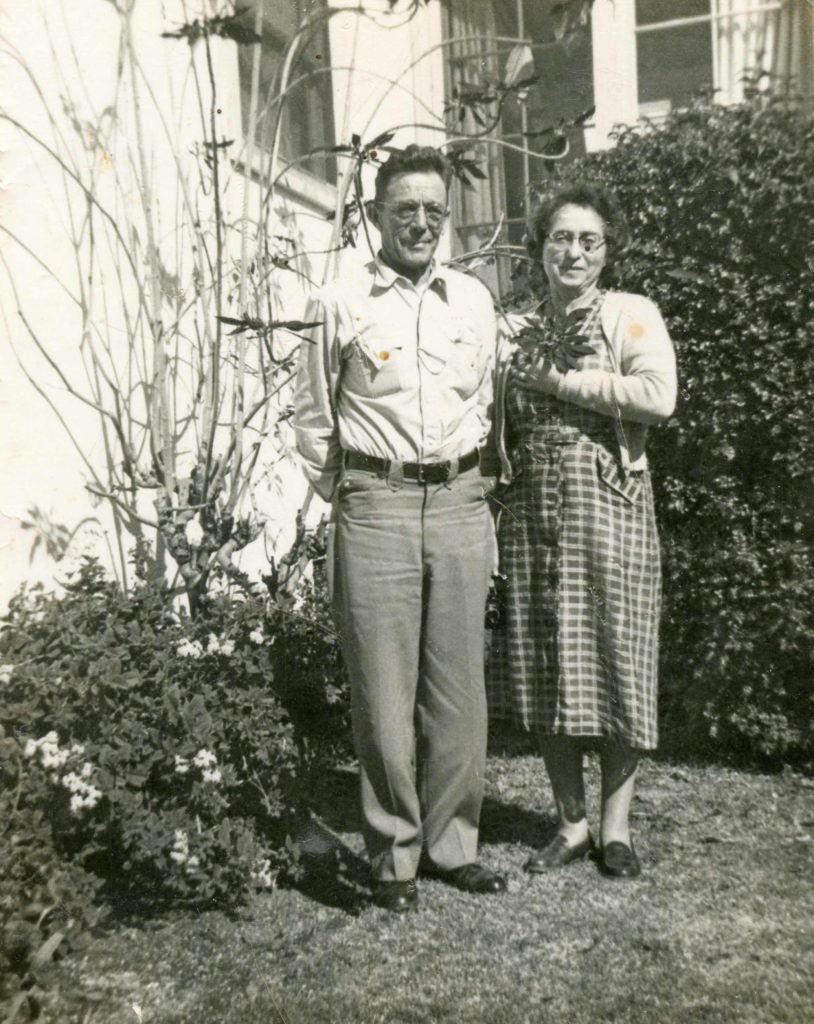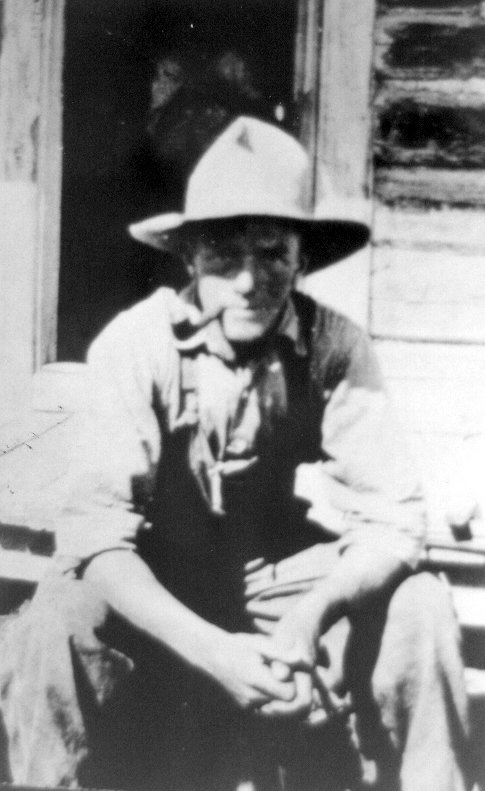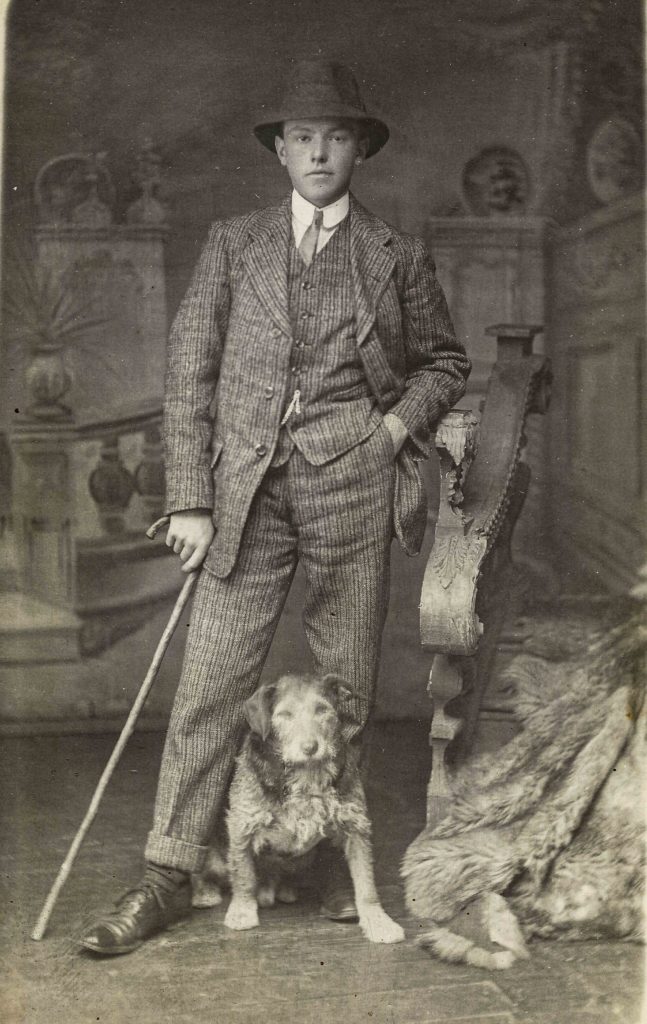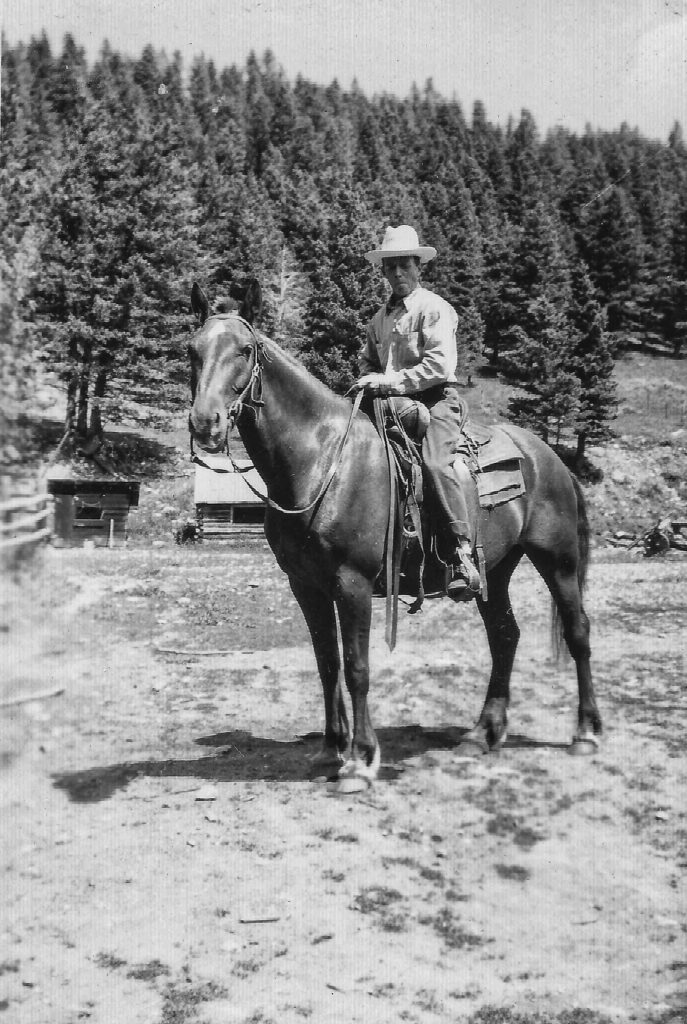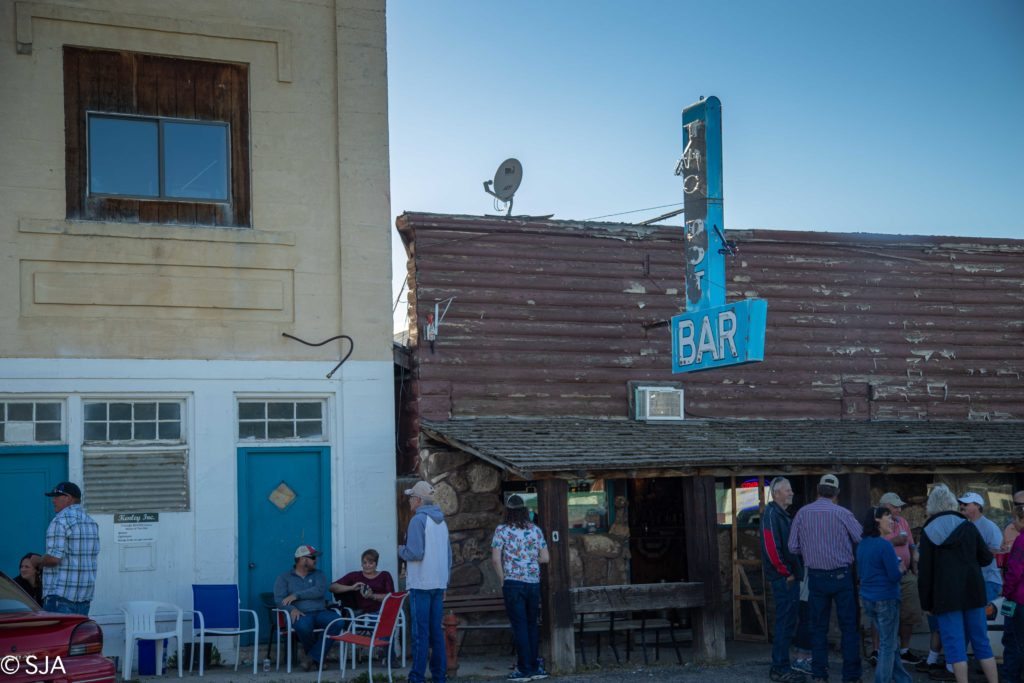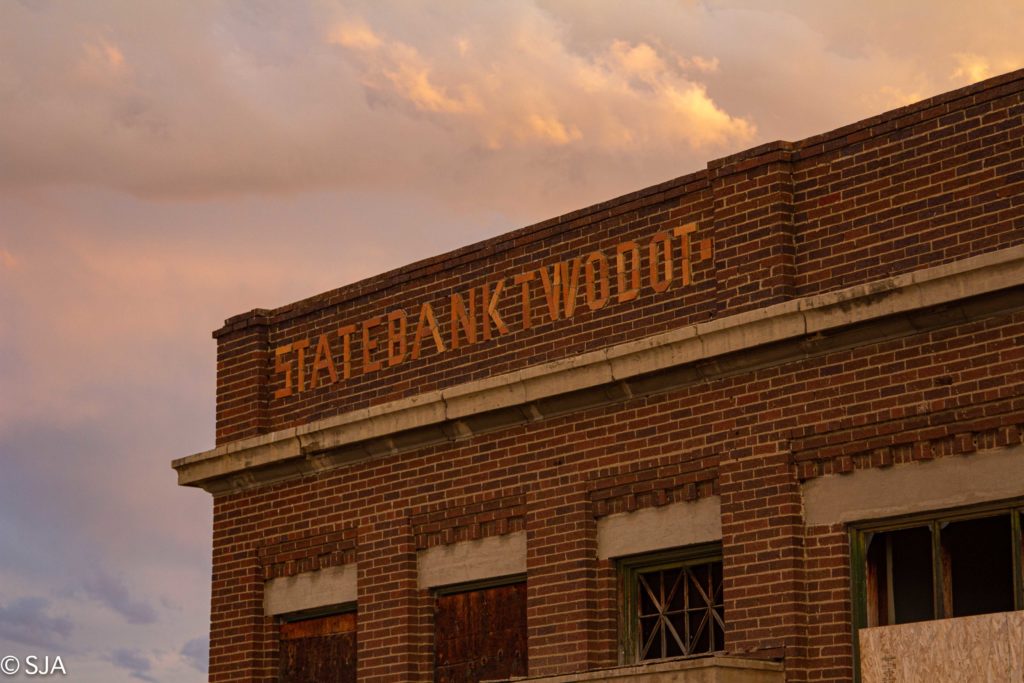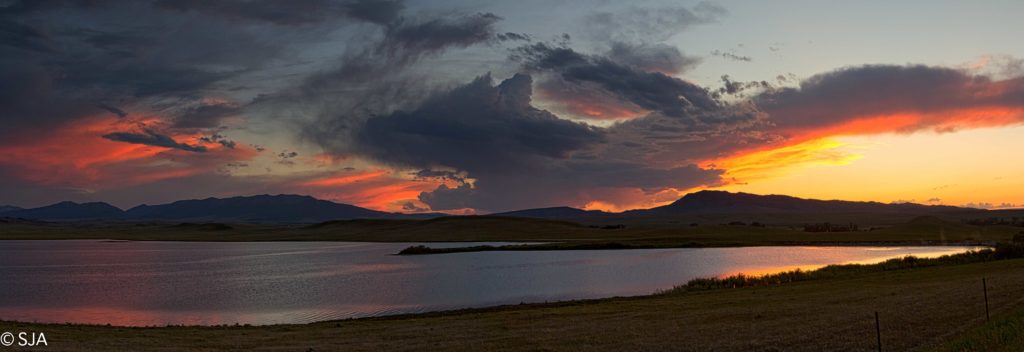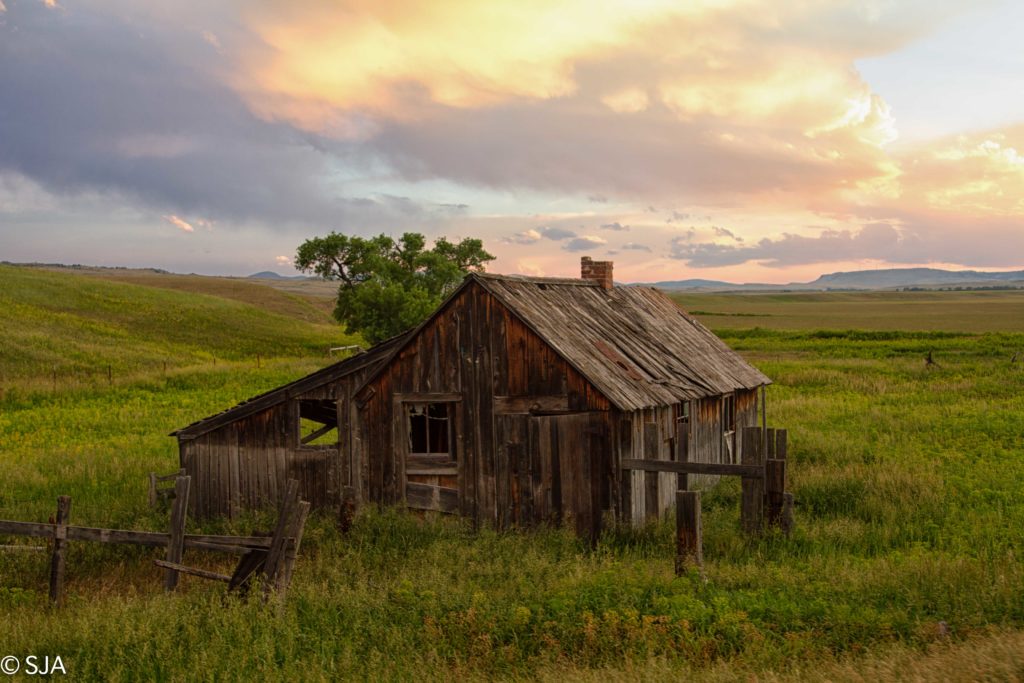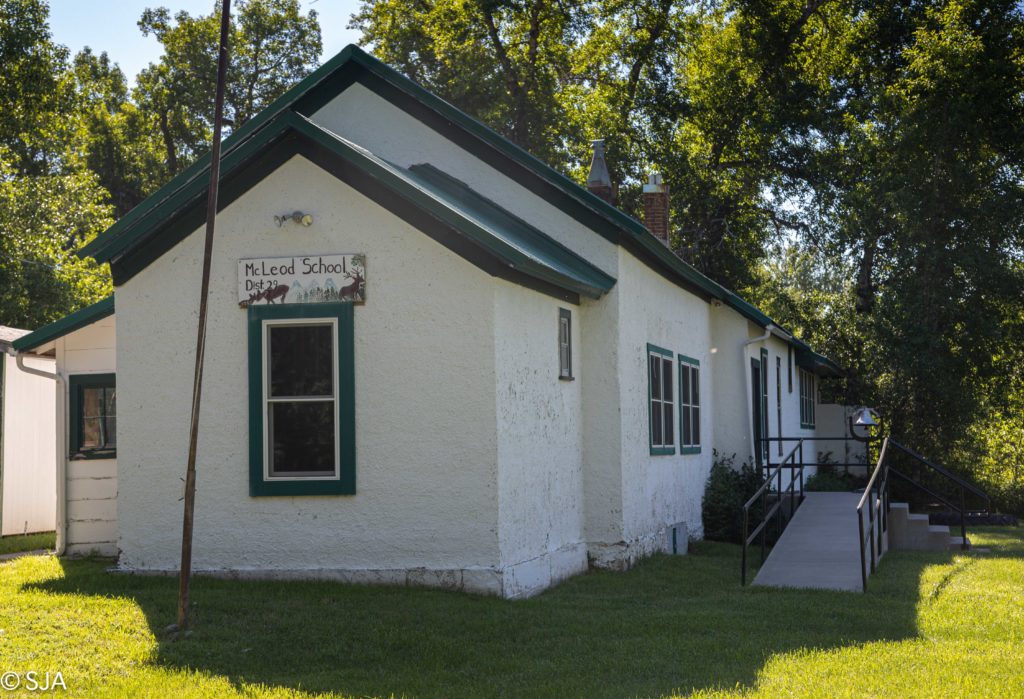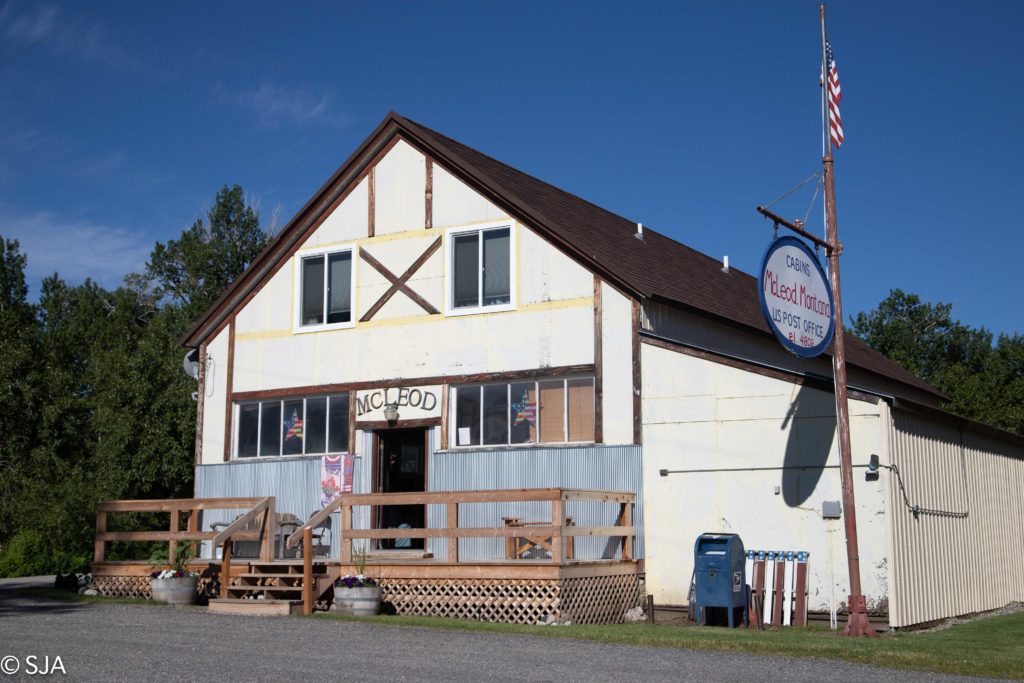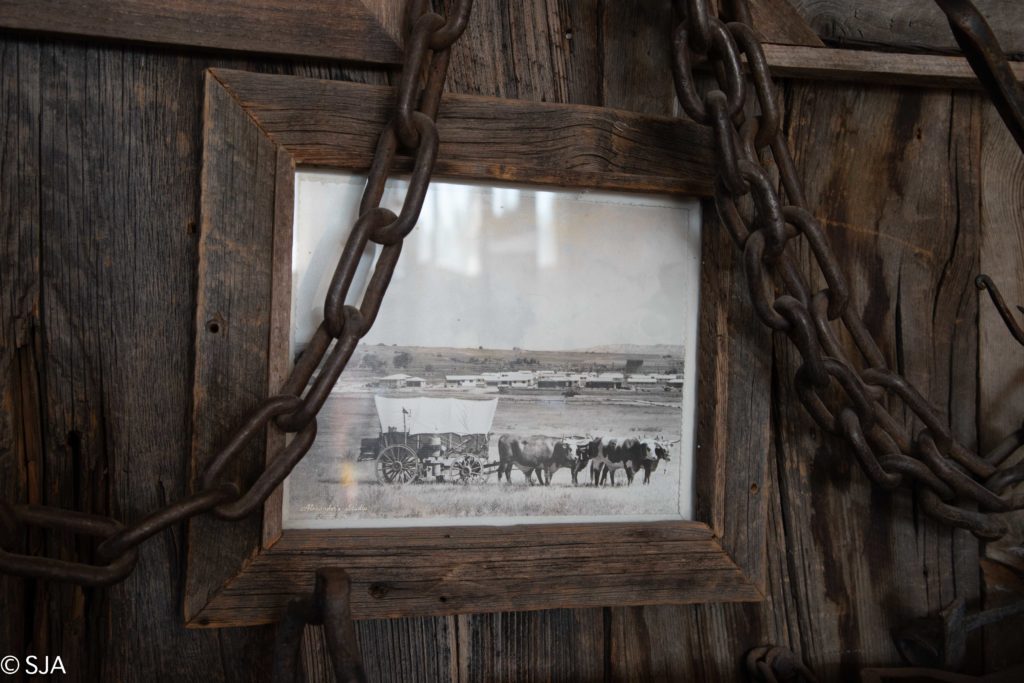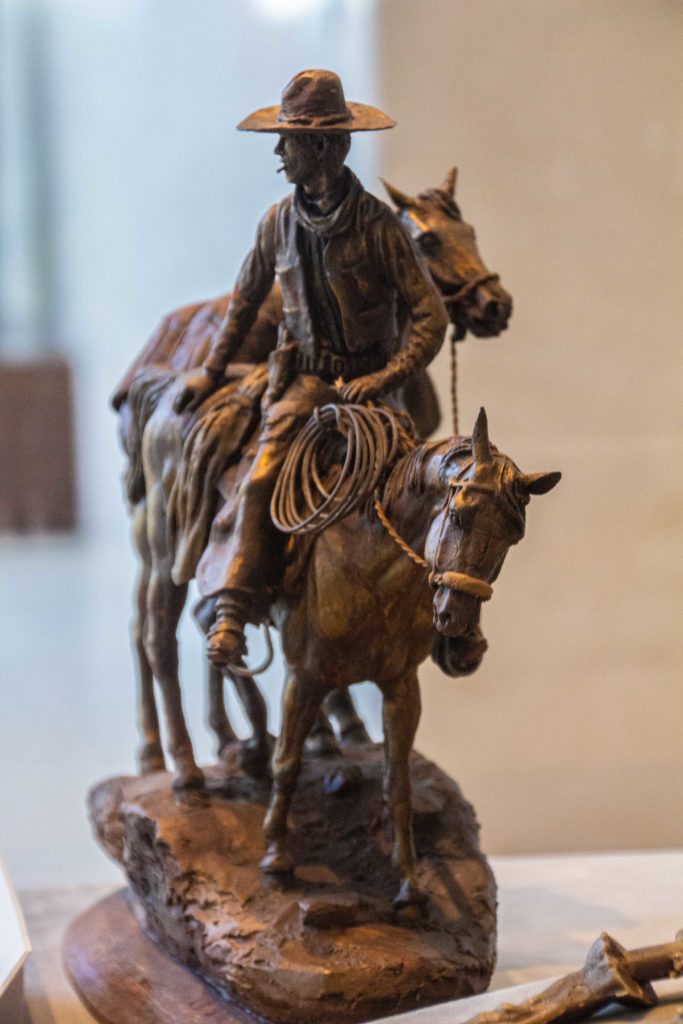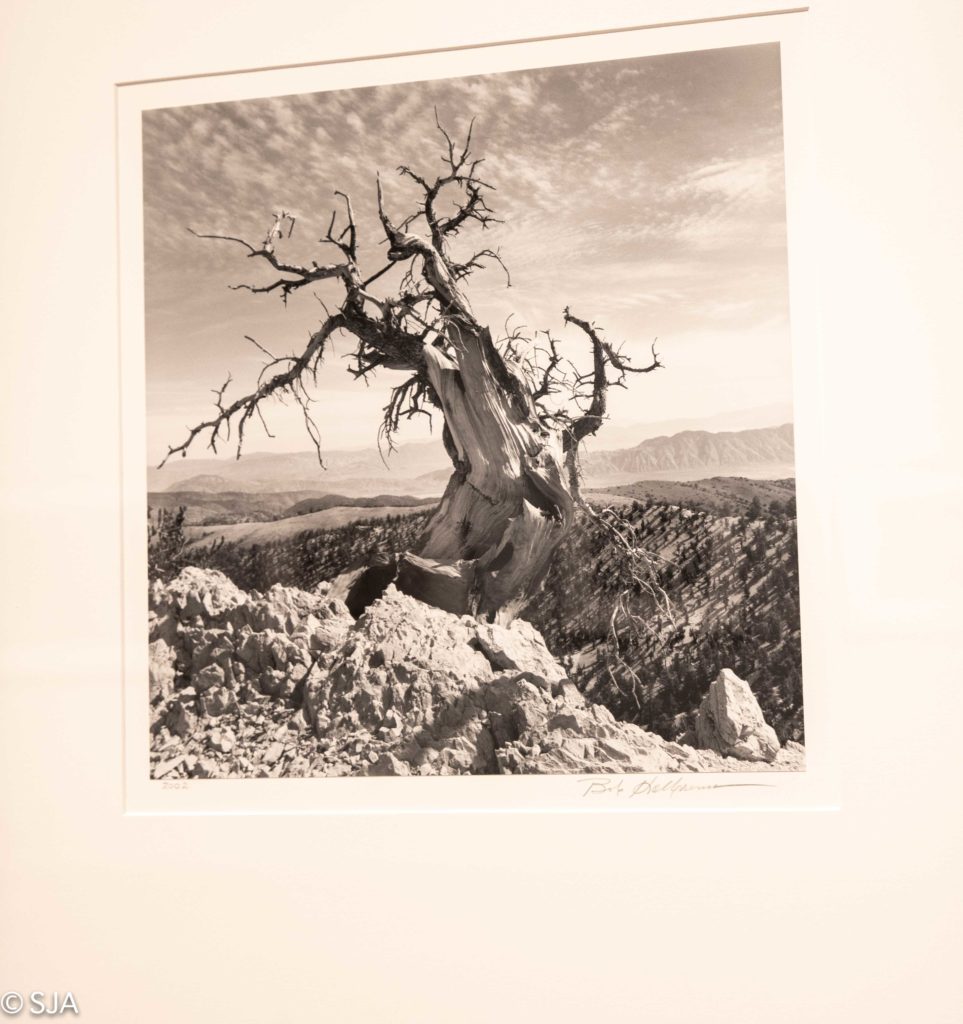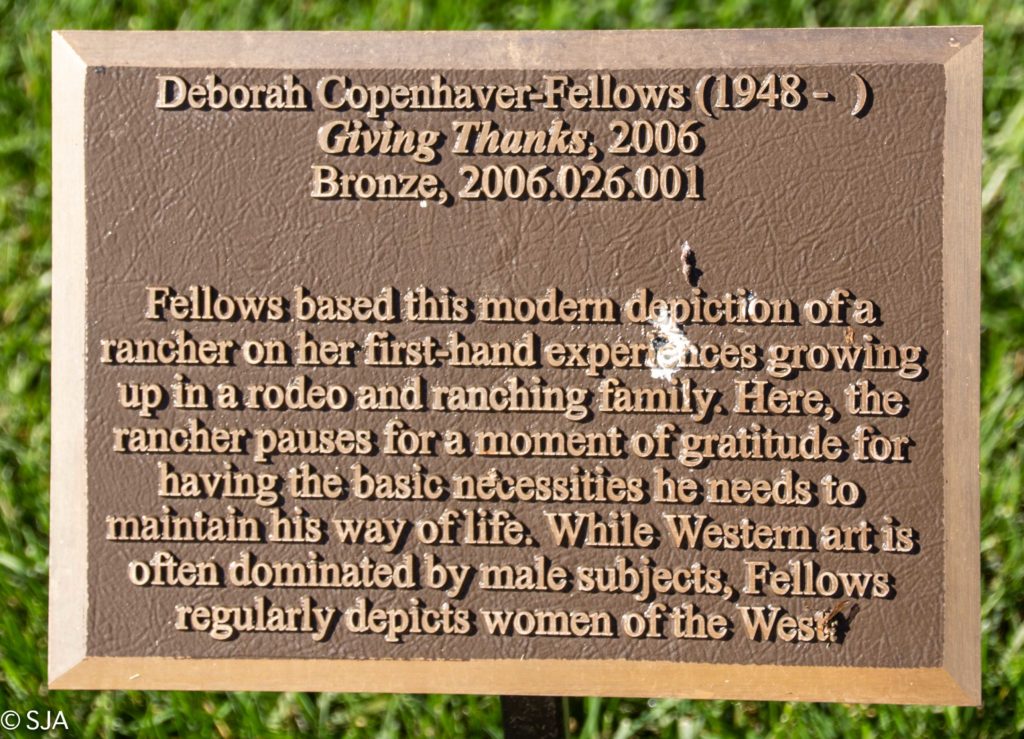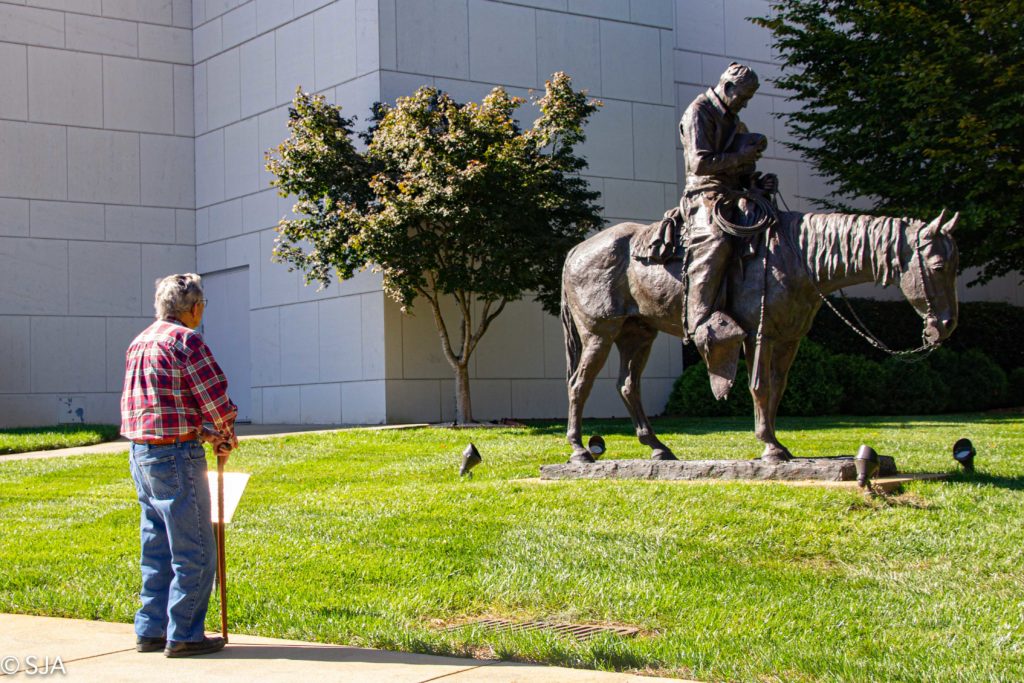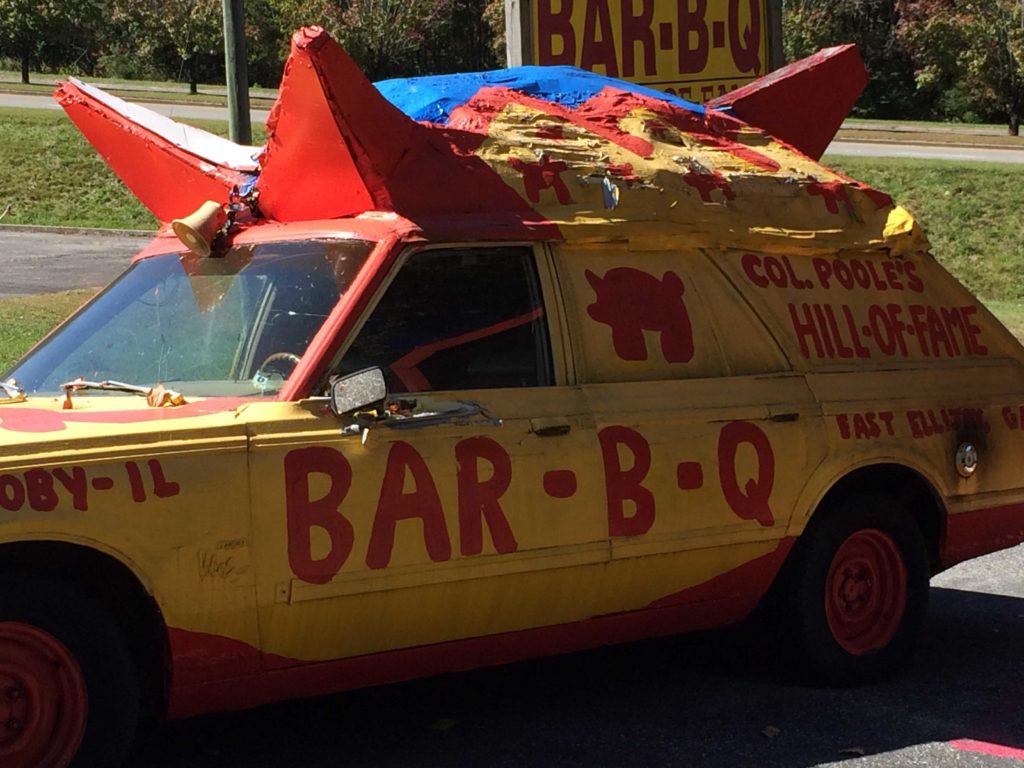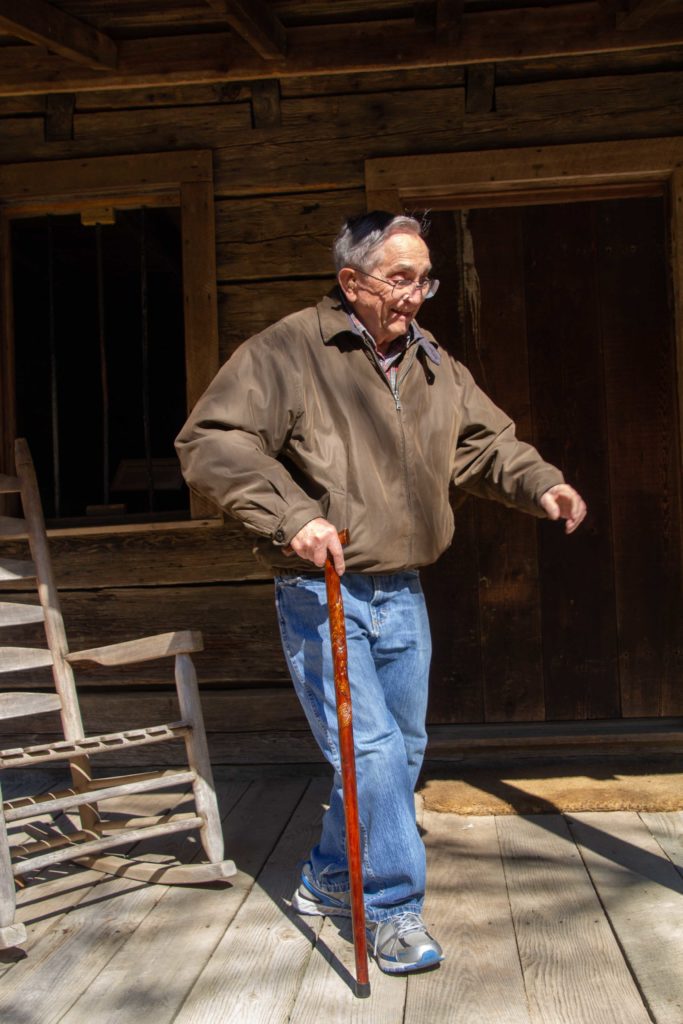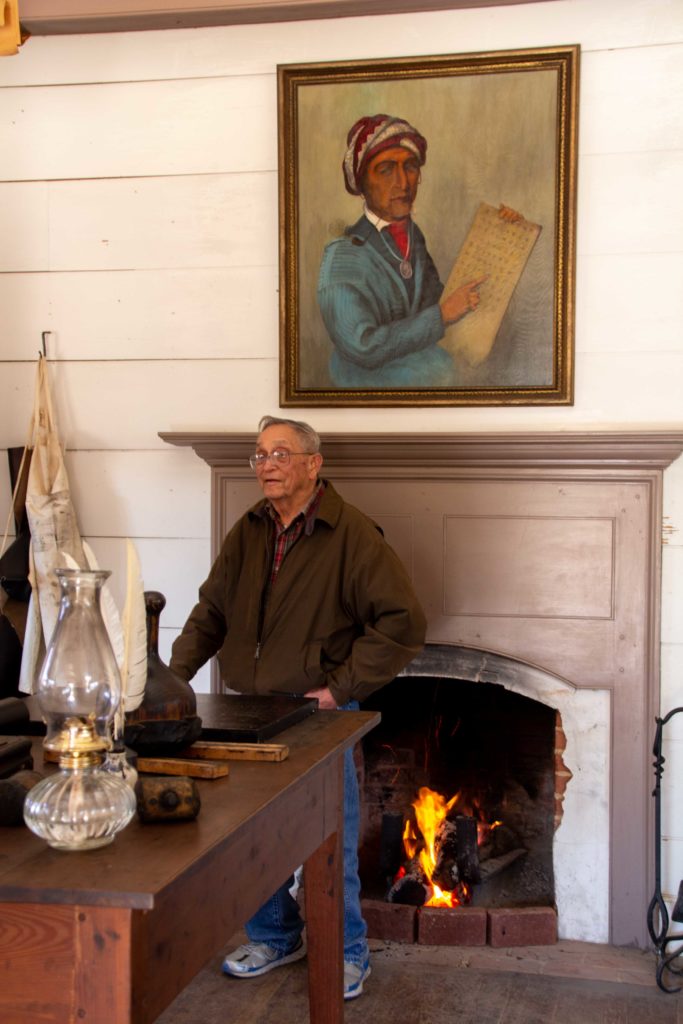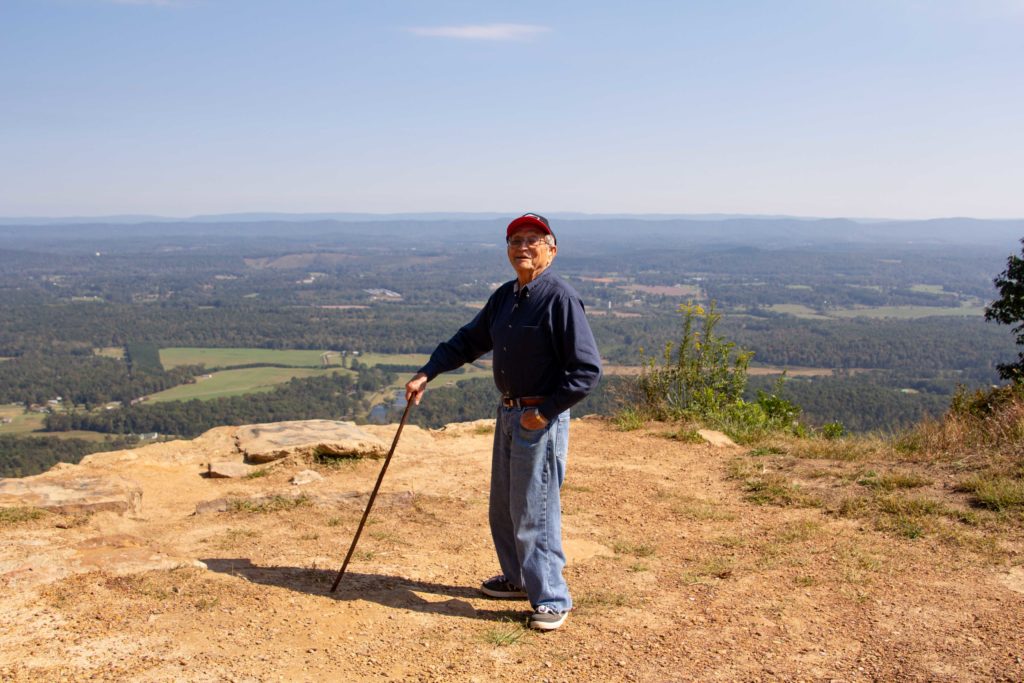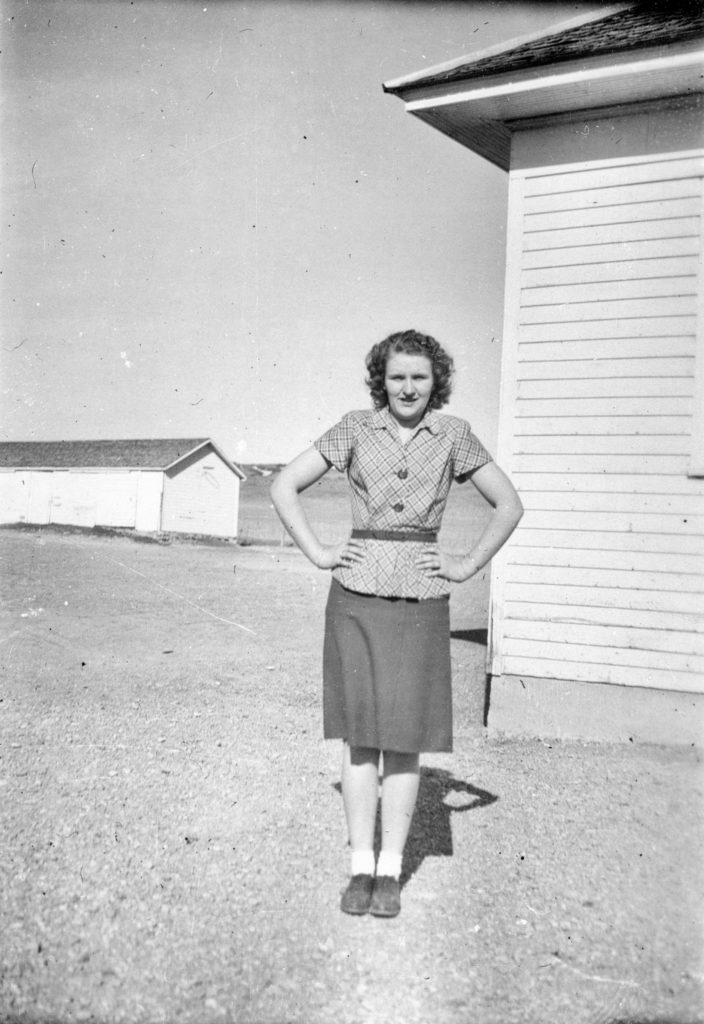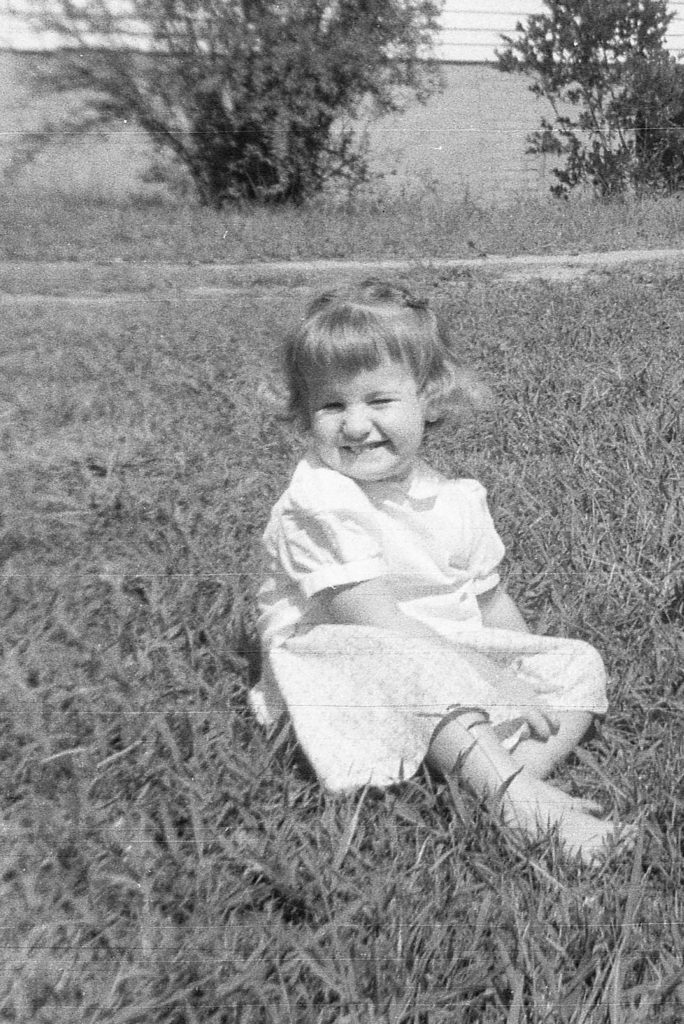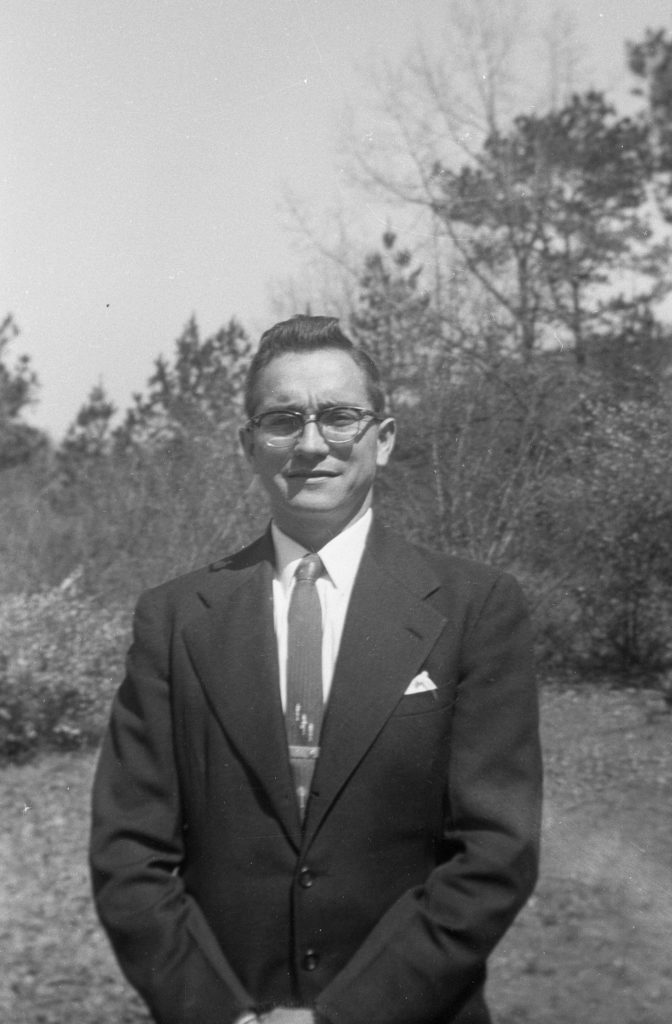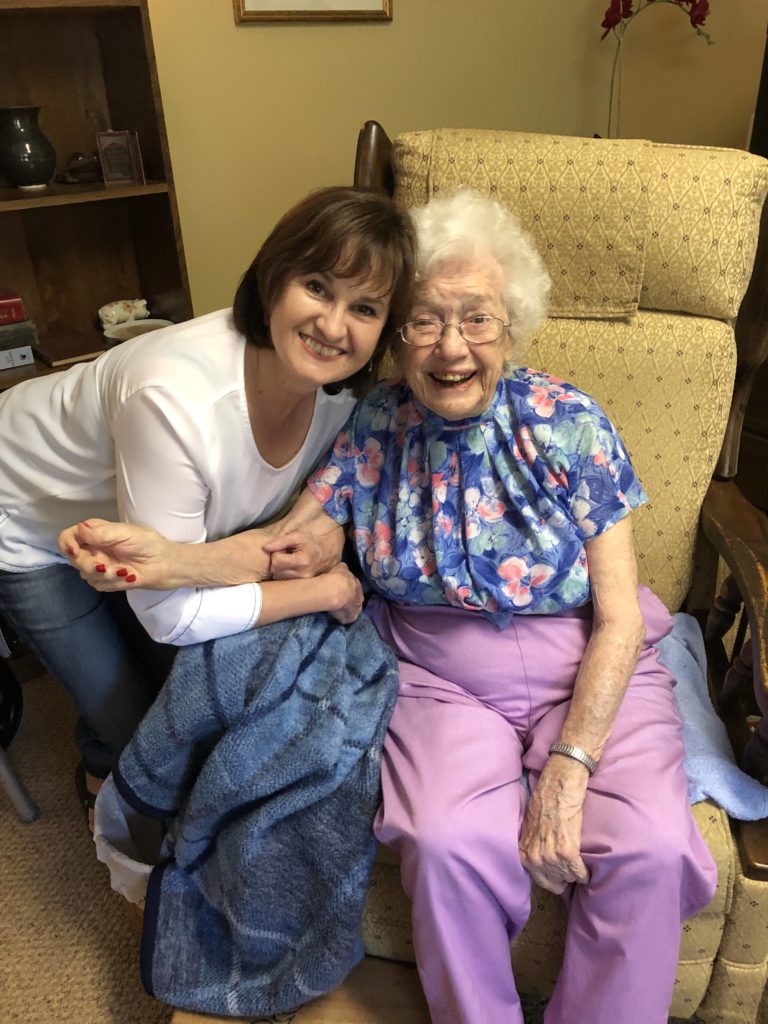We ate hotcakes growing up. Some folks eat pancakes. Mama cooked hotcakes three at a time in a big skillet. We sat at the table, plate ready, with fork in hand, waiting for our stack. By the time we all got our hotcakes, the ones to get theirs first were ready for their next stack. I don’t know how many hotcakes she ended up flipping at one meal, but I imagine there were enough to construct a couple of tall towers.
Mama often made sugar syrup to pour over the hotcakes. She put sugar in a pan and heated it to golden brown. Then she poured in a bit of boiling water. The mixture would spit and sputter until it all melted together. With a bit of vanilla or maple flavoring, it was ready to slather over the stack of hotcakes. I would pour mine on each individual hotcake and let it soak in on top of the melted butter. Yum! If there was no sugar syrup, I liked buttered hotcakes with sugar sprinkled on top. When my Mom was a little girl, she took leftover hotcakes for lunch. She would put butter on them, sprinkle with sugar, roll them up like a cigar, and wrap them up to carry to school.
My grandfather told a tale about when he was “batching” and made hotcakes. His were made with “starter” that was kept to the back on the wood cookstove. A single hotcake was made first to test the heat of the skillet. That one was for the cat. One day, my grandfather had kitchen duty while his batching partner, John, was doing the outside chores. When John came in from doing chores, his stack of hotcakes was ready. He poured syrup over the top of the stack, started to take a bite, and saw something hanging out of the middle of the stack. He lifted the hotcake and there was a dead mouse that my grandfather had found that morning. I’m not sure, but I don’t think John ate that stack of hotcakes that morning, unless it was the ones on top.
Here is a recipe for Sourdough Starter & Hotcakes. I think it was my Great Grandmother’s recipe:
Sourdough Starter
3 ½ c. all-purpose flour
1 package yeast
2 c. warm water
Combine flour and yeast. Add warm water and beat until smooth. Cover and let stand for 2-4 days. To store, cover and refrigerate. Once a week, stir in equal amounts of all-purpose flour and warm water. Cover and let stand 12-24 hours. Use or cover and refrigerate until ready to use.
Sourdough Buttermilk Pancakes
2 c. flour
1 ½ tsp. baking powder
½ tsp. soda
½ tsp. salt
2 T. sugar
1 1/3 c. buttermilk
1 c. sourdough starter
1 egg, beaten
2 T. vegetable oil
Combine first 5 ingredients in a non-metal bowl. Add milk, starter and egg. Stir in oil. Cook on hot griddle.
